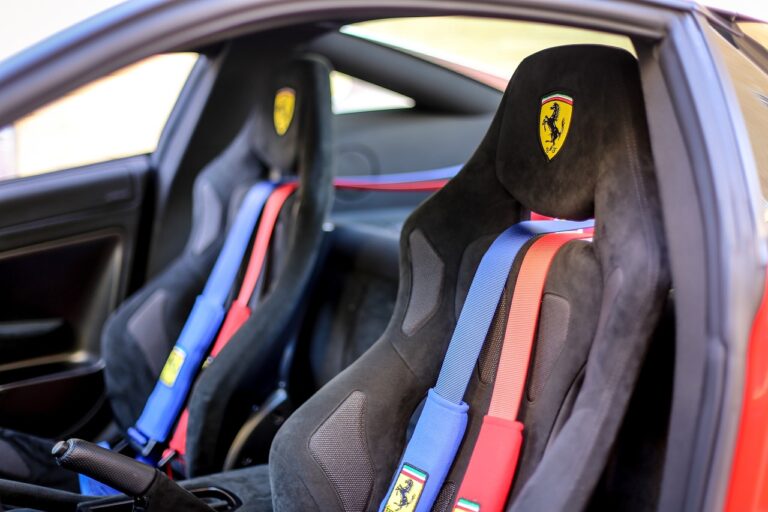The Impact of Brexit on the European Auto Market
The automotive industry in Europe is undergoing significant challenges following the aftermath of Brexit. With the UK now outside the EU, European auto manufacturers are grappling with the complexities of adjusting to new trade regulations and tariffs. The uncertainty surrounding future trade agreements has created a sense of instability within the industry, impacting production schedules and supply chains.
Moreover, the increased bureaucratic hurdles and customs procedures post-Brexit have added layers of complexity for European auto manufacturers. Supply chain disruptions and delays in transporting goods across borders have become commonplace, leading to higher operational costs and potential bottlenecks in meeting customer demands. As these challenges persist, European auto manufacturers are forced to adapt quickly to the changing landscape of the post-Brexit era.
Changes in trade agreements affecting the auto market
One of the key factors shaping the landscape of the auto market is the ongoing changes in trade agreements. As countries negotiate new trade deals and reassess existing agreements, the implications for the auto industry are significant. These changes can result in shifts in tariffs, quotas, and other trade barriers that directly impact the competitiveness of European auto manufacturers.
Furthermore, the uncertainty surrounding trade agreements can create challenges for European auto manufacturers in terms of long-term planning and investment decisions. Fluctuations in trade policies can disrupt supply chains, increase costs, and create barriers to entry in key markets. As a result, auto manufacturers may need to adjust their strategies in order to navigate the evolving trade landscape effectively.
How have European auto manufacturers been affected by Brexit?
European auto manufacturers have faced challenges post-Brexit, including disruptions to their supply chains and uncertainties surrounding trade agreements with the UK.
How have trade agreements impacted the auto market?
Changes in trade agreements have had a significant impact on the auto market, leading to shifts in production locations, changes in pricing, and adjustments to supply chains.
What are some of the challenges faced by European auto manufacturers post-Brexit?
European auto manufacturers have had to navigate new regulations, tariffs, and customs procedures as a result of Brexit, which have added complexity and costs to their operations.
How can auto manufacturers adapt to changes in trade agreements?
Auto manufacturers can adapt to changes in trade agreements by diversifying their supply chains, exploring new markets, and investing in technology to improve efficiency and competitiveness.





